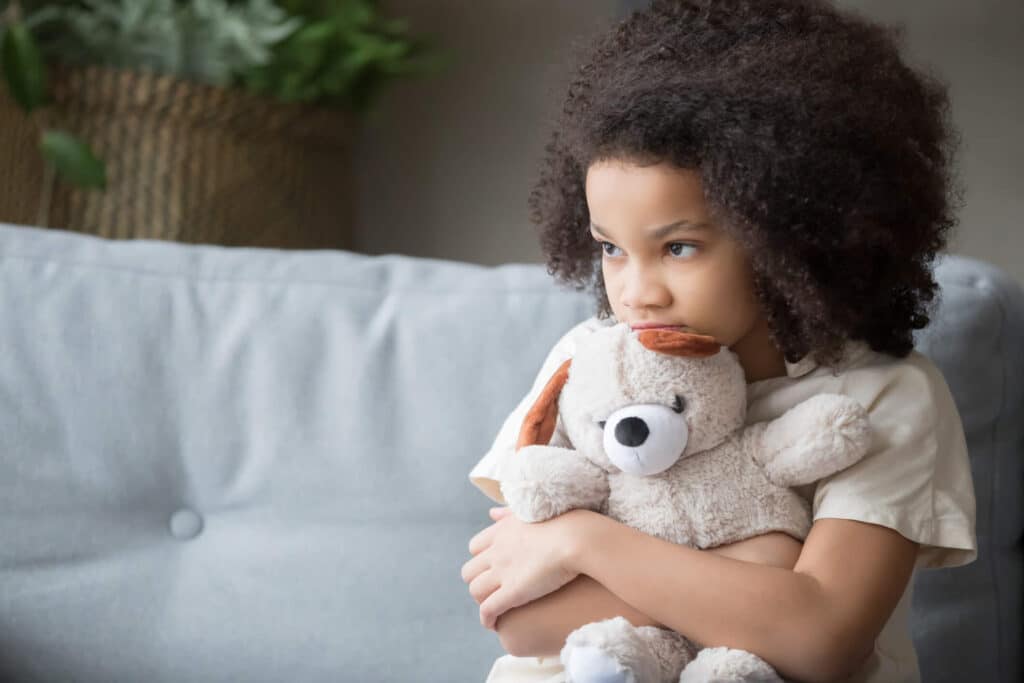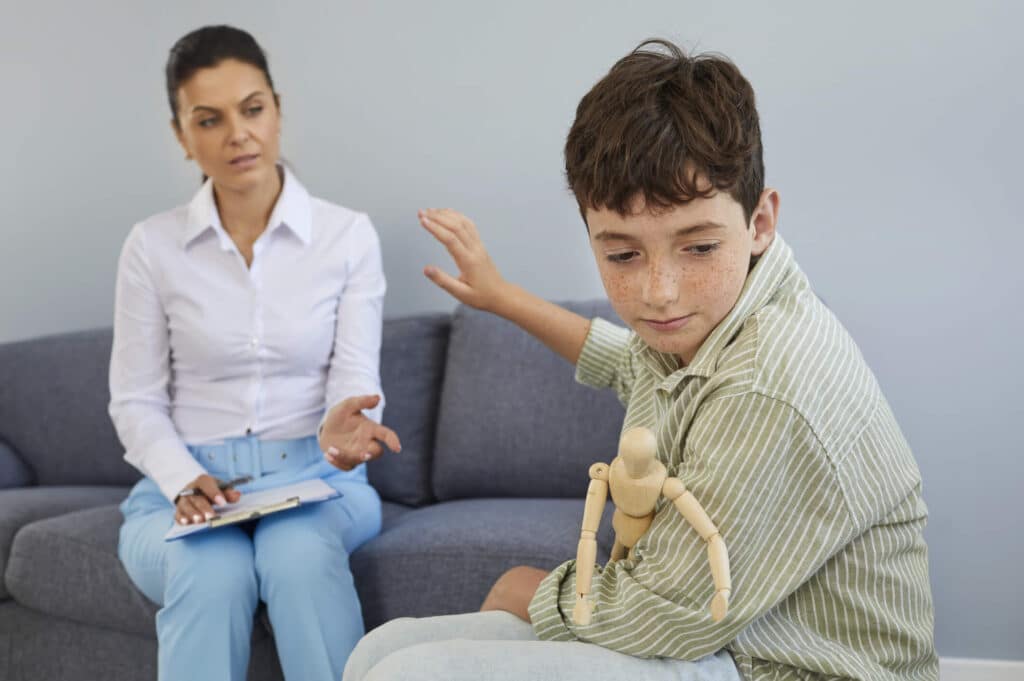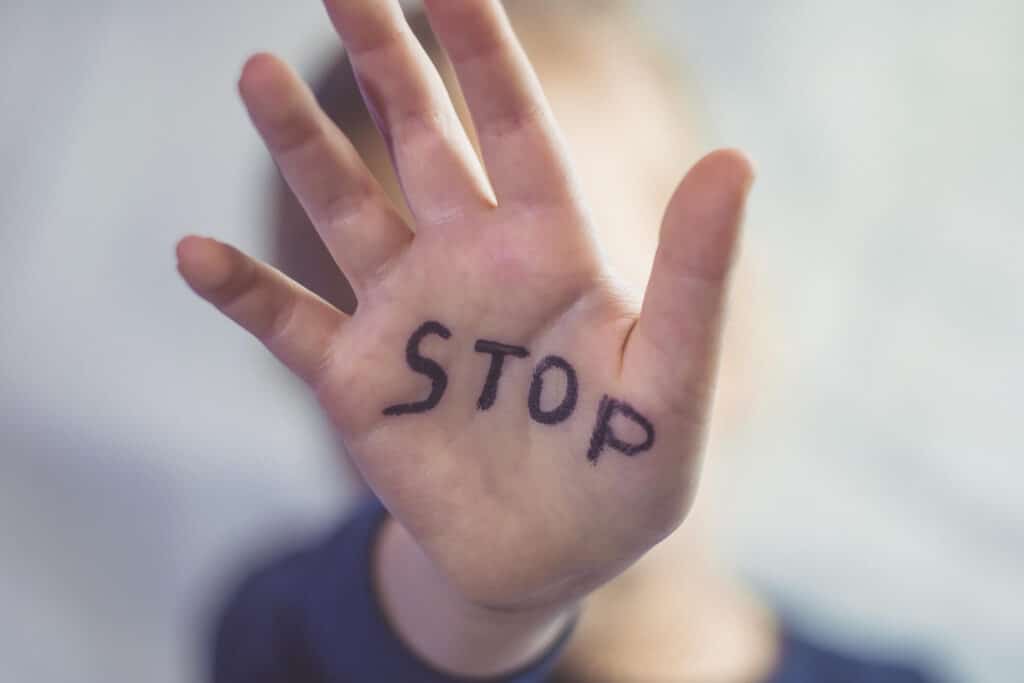Domestic abuse is a scourge that affects millions of families worldwide. Often hidden behind closed doors, it can have devastating effects on all members of the household, especially children. Witnessing or experiencing domestic violence can leave deep emotional scars that may last a lifetime. As caregivers and responsible members of society, we must protect the most vulnerable. Here are some essential steps on how to keep children safe from domestic abuse:
1. Education and Awareness
The first crucial step in preventing domestic abuse is educating everyone involved. Parents, caregivers, teachers, and all adults who interact with children need to know how to spot signs of abuse and understand how it can deeply affect children. Awareness campaigns in schools and communities are vital for intervening early and breaking the silence around domestic violence. These campaigns empower people to report abuse and seek help.
Education helps victims and their children recover from trauma and find support in shelters and communities. It’s essential to advocate for those affected, including children who may suffer from child abuse. Educating everyone can create a caring community where survivors can heal and break free from harmful relationships.

2. Open Communication
Establishing a safe and nurturing environment where children feel comfortable expressing their emotions and sharing their concerns is crucial. Encouraging open communication is critical, as it lets children know they have a trusted adult they can turn to without fear of judgment or punishment. By fostering this environment of trust and support, caregivers empower children to voice their feelings and experiences freely, which is essential for early intervention in cases of abuse.
Being attentive to changes in a child’s behavior or demeanor is paramount, as these can often be subtle indicators of potential abuse or trauma. Whether it’s sudden withdrawal, unexplained bruises, or changes in eating or sleeping habits, paying close attention to these signs enables caregivers to intervene promptly and effectively.
By creating a safe space and promoting open communication, caregivers play a vital role in safeguarding children’s well-being and addressing any issues they may be facing, ensuring they receive the care and support they need to thrive.
3. Teach Them About Healthy Relationships
Educating children about healthy relationships is fundamental to their emotional and social development. It’s crucial to instill an understanding of what healthy relationships entail, emphasizing concepts such as respect, boundaries, and consent from an early age. Teaching children about respect involves showing them how to treat others with kindness, empathy, and consideration for their feelings and autonomy.
Setting and respecting personal boundaries is essential for children to understand that they have the right to say no to anything that makes them uncomfortable or violates their boundaries. Moreover, teaching the concept of consent helps children understand that they should seek permission before engaging in any physical contact or activities with others. As adults, we play a significant role in shaping children’s perceptions of relationships by modeling healthy behavior in our interactions.
By demonstrating mutual respect, effective communication, and conflict-resolution skills in our relationships, we provide children with positive examples to emulate. Ultimately, by educating children about healthy relationships and modeling such behavior, we contribute to fostering a generation of individuals capable of forming and maintaining fulfilling, respectful, and mutually supportive relationships throughout their lives.
4. Safety Plan
Parents and caregivers must develop a comprehensive safety plan with their children, particularly in situations where they might be in immediate danger due to domestic violence. This safety plan should encompass various vital elements to ensure the children’s safety and preparedness.
First and foremost, it should include a list of emergency contact numbers, such as those for the police, trusted family members or friends, and local shelters or support organizations. Additionally, the plan should identify safe places where the children can go if they need to escape from a violent situation, whether it’s a neighbor’s house, a community center, or a designated meeting point. Clear instructions should be provided on what steps to take if violence occurs, including how to alert authorities and seek help.
Regular practice of the safety plan is essential so that children become familiar with the procedures and feel more confident and empowered to act swiftly if necessary. By having a well-thought-out safety plan in place, families can better mitigate the risks associated with domestic abuse and ensure the protection and well-being of the children involved.
5. Seek Support
If you or someone you know is facing domestic abuse, it’s crucial to take immediate action and seek support. There are countless organizations and hotlines specifically dedicated to providing assistance to victims of domestic violence, offering a range of services from counseling to emergency shelter. It’s essential to reach out for help, whether it’s to trusted friends and family members who can offer support and guidance, or to professionals who are trained to handle situations of abuse with care and expertise.
Remember, you are not alone, and there are people and resources available to help you navigate through this challenging time. Don’t hesitate to reach out and take the necessary steps towards safety and healing.

6. Therapy and Counseling
Children who have been exposed to or directly experienced domestic abuse often carry emotional scars that can impact their well-being and development. Seeking therapy or counseling for these children is essential in helping them navigate and overcome the trauma they have endured.
Professional therapists possess the expertise to create a safe and supportive environment where children can express their emotions freely and begin to heal. Through therapy, children can learn to process their feelings of fear, confusion, and anger, gaining valuable insight and coping mechanisms to navigate their experiences. Additionally, therapy can aid in building resilience, empowering children to overcome adversity and develop a sense of strength and self-worth.
By addressing the psychological and emotional effects of domestic abuse early on, therapy plays a crucial role in mitigating the long-term impact on a child’s mental health and overall well-being. Through ongoing support and guidance from trained professionals, children can gradually regain a sense of control over their lives and move forward toward a brighter and more hopeful future.
7. Legal Protection
Familiarize yourself with your legal rights and the options available for protection in cases of domestic violence. Across many countries, legal frameworks exist specifically to safeguard victims of domestic violence and their children from harm. Understanding these laws empowers individuals to take appropriate action to ensure their safety and well-being.
One effective solution is securing a restraining order, which establishes a legal boundary between the victim and the abuser, offering a degree of protection against future harm. Moreover, consulting legal experts experienced in handling domestic violence cases can offer indispensable assistance and advice throughout this legal procedure.
Legal intervention not only serves as a means of protection but also sends a clear message to the abuser that their actions will not be tolerated by society. Taking steps to utilize legal protections can provide victims with a sense of agency and control over their situation, ultimately aiding their journey toward safety and healing.
8. Create a Supportive Environment
Create a nurturing environment for children by surrounding them with positive influences and supportive individuals who can offer love, guidance, and encouragement. By doing so, we provide them with a strong foundation upon which they can build resilience and thrive despite the challenges they may face.
Access to resources such as books, hotlines, and support groups tailored specifically to children of domestic violence survivors is essential for their well-being. These resources offer them a safe space to express themselves, share their experiences, and receive the support and guidance they need to navigate their emotions and heal from trauma.
By ensuring that children have access to these resources, we empower them to cope with their circumstances and develop the skills necessary to overcome adversity and lead fulfilling lives.
9. Empowerment and Self-Esteem Building
Prioritize helping children build their self-esteem and resilience, as these qualities are fundamental for their emotional well-being and ability to navigate life’s challenges. Encouraging children to engage in activities they genuinely enjoy and excel in is key to fostering their confidence and sense of self-worth.
By participating in such activities, they not only experience joy and fulfillment but also develop valuable skills and interests that contribute to their overall growth and development. Moreover, acknowledging and praising their achievements, no matter how small, boosts their self-confidence and motivates them to continue striving for success.
Providing children with ample opportunities to explore their strengths and talents further empowers them to discover their unique abilities and potential. By nurturing their self-esteem and resilience in this way, we equip children with the tools they need to face adversity with courage and perseverance, ultimately enabling them to thrive in various aspects of their lives.

10. Break the Cycle
Preventing the cycle of violence starts with teaching children essential lessons about handling conflicts and emotions in healthy ways. By showing them how to resolve disagreements without resorting to harm and by imparting effective anger management skills, we provide them with the tools they need to navigate difficult situations. It’s important to make them understand that violence is never okay, and they have the power to make choices that promote safety and peace. Through education and intervention, we empower children to reject violence and opt for peaceful solutions.
By supporting them and helping them recognize their own ability to choose a different path, one that values empathy and communication, we can break the cycle of abuse in families and promote healing and recovery. In doing so, we contribute to building a safer community where child abuse is lessened, and individuals can live healthier lives free from harm.
Conclusion
In conclusion, preventing child abuse at home demands action from parents, caregivers, educators, and the community. By spreading awareness, communicating openly, offering support, and educating children about healthy relationships, we can make homes safer for our kids to grow and heal. It’s crucial to remember that every child deserves a loving, respectful, and secure environment. Recovery from trauma requires intervention, advocacy, and support systems like shelters and community resources. Reporting abuse to the police or relevant authorities is essential to protect children and adults from harm.
We must also recognize that abusers need help and support to change their behavior. Ultimately, it’s everyone’s responsibility to ensure the safety and well-being of children, regardless of the situation, and to provide care and support to those affected by abuse.
FAQs
Here are some frequently asked questions about keeping children safe from domestic abuse:
Q. How can I talk to my child about domestic abuse?
Talking to your child about domestic abuse requires a delicate approach. Start by creating a safe and supportive environment where they feel comfortable expressing their feelings. Use age-appropriate language and reassure them that they are not alone and that it’s not their fault. Emphasize that violence is never acceptable and that they have the right to feel safe. Encourage open communication, listen to their concerns without judgment, and validate their emotions. Provide information about resources available for help and support, and remind them that you are there to protect and support them.
Q. Are there specific measures to protect children from witnessing domestic violence?
Yes, there are specific measures to protect children from witnessing domestic violence. These measures include creating a safety plan, seeking support from professionals or shelters, providing therapy or counseling for the child, and educating them about healthy relationships. It’s essential to prioritize the safety and well-being of children in homes affected by domestic violence.
Q. How can I support a child who has experienced domestic violence?
Supporting a child who has experienced domestic violence requires patience, empathy, and understanding. Listen to them without judgment and validate their feelings. Reassure them that they are not to blame and that they are loved. Encourage them to express their emotions through art, play, or talking to a trusted adult or counselor. Provide a safe and stable environment and establish comfortable and secure routines. Seek professional help if needed and connect them with resources such as therapy or support groups tailored to children who have witnessed or experienced domestic violence. Above all, let them know they are not alone and that there are people who care about their well-being.
Consult With Our Domestic Violence Attorney Today!
At the Law Offices of Mace J. Yampolsky, our Domestic Violence Defense Lawyers in Las Vegas are dedicated to helping clients find justice, especially when it comes to protecting children from domestic abuse. With our expertise, we can provide invaluable guidance on strategies for prevention and intervention, ensuring the safety and well-being of children and adults. Whether you’re seeking advice on how to keep your family safe or require legal representation to fight for the justice you deserve, we are here to assist you every step of the way.
Don’t hesitate to contact us today to schedule an appointment and take the first step towards securing a safer and healthier future for you and your loved ones!






